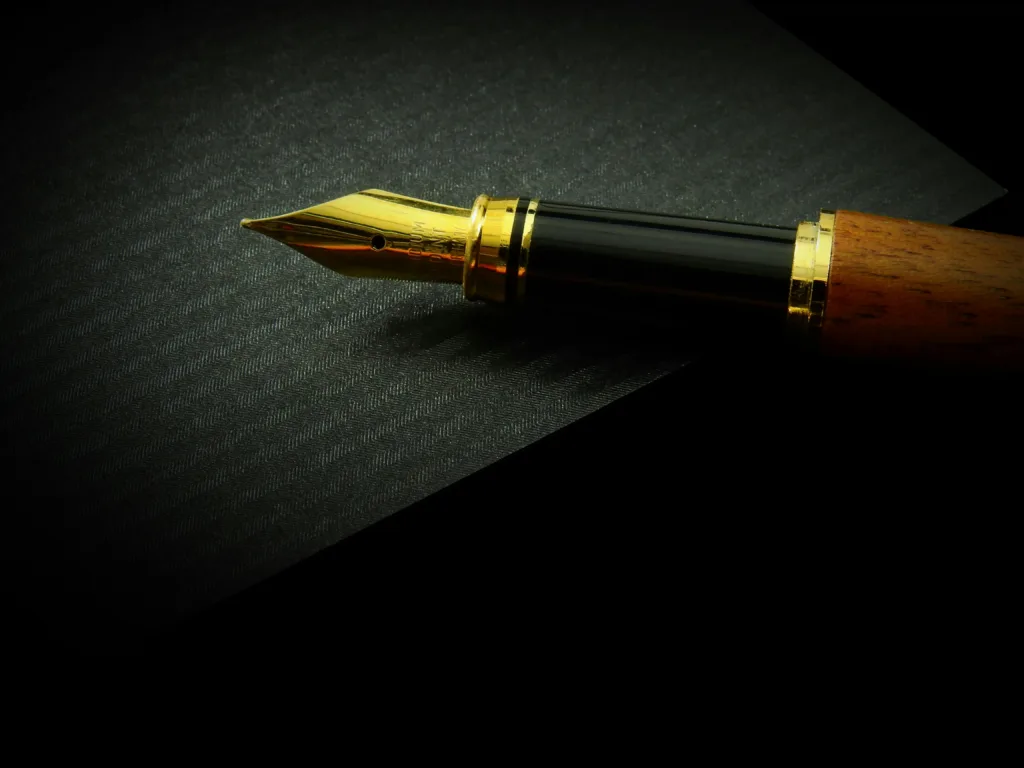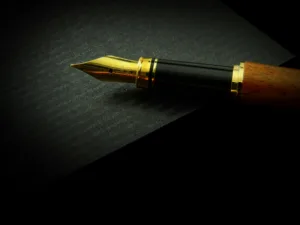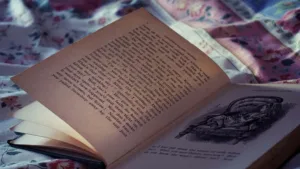10 Guidelines on How to Become a Better Writer: Unlearning to Write With Ana Fabrega
From teaching in traditional classrooms to becoming a published author, Ana Fabrega’s path to writing success wasn’t straightforward.
In a conversation with David Perell on the “How I Write” podcast, she shares how she had to unlearn everything she knew about writing to find her authentic voice.
Her journey offers valuable insights for anyone looking for how to become a better writer, especially those who might have writing trauma from traditional education.
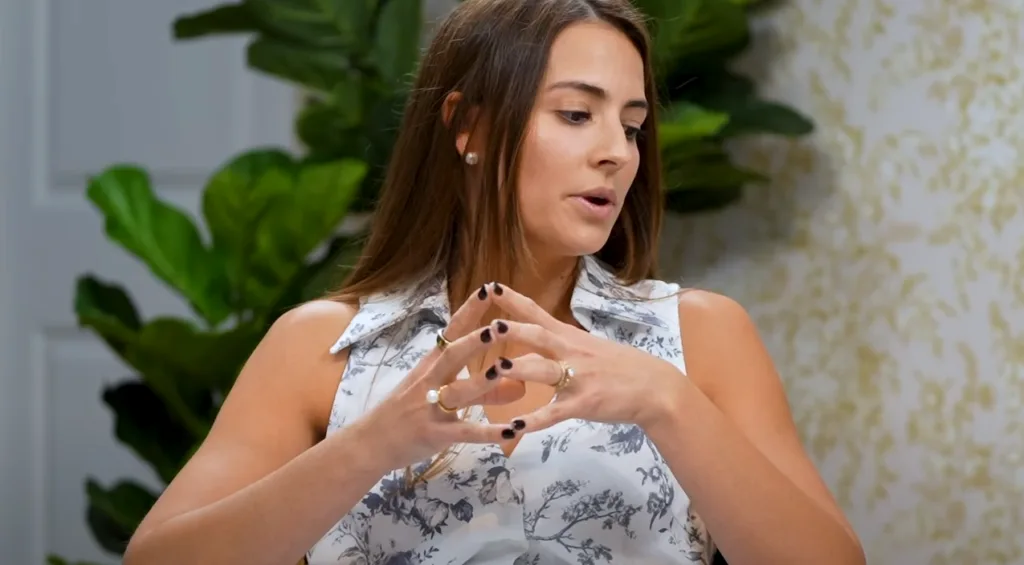
The Journey from Teacher to Writer
Ana’s story begins with an unexpected twist: she was a teacher who didn’t like writing.
As she recalls:
“Growing up I had sort of moved around a lot and went to different schools and did different things, but one thing that I really did not like was writing.
I did not consider myself a writer… I found it really challenging, I did not enjoy it.”
This aversion to writing followed her into her teaching career, where writing became the subject she looked forward to teaching the least.
The challenge wasn’t just personal – she observed the same struggles in her students, creating a cycle of writing anxiety that perpetuated through generations of learners.
Her experience in education was uniquely comprehensive:
- Attended 10 different schools across 7 countries
- Taught in public schools in both America and Panama
- Developed a deep understanding of different educational systems
- Witnessed firsthand how writing education often fails students
As she explains:
“I had all this experience of having myself attend ten different schools and then I had all these years working with kids, so I had so many things that I wanted to say and had these burning questions that I wanted to answer but no idea how to do that.”
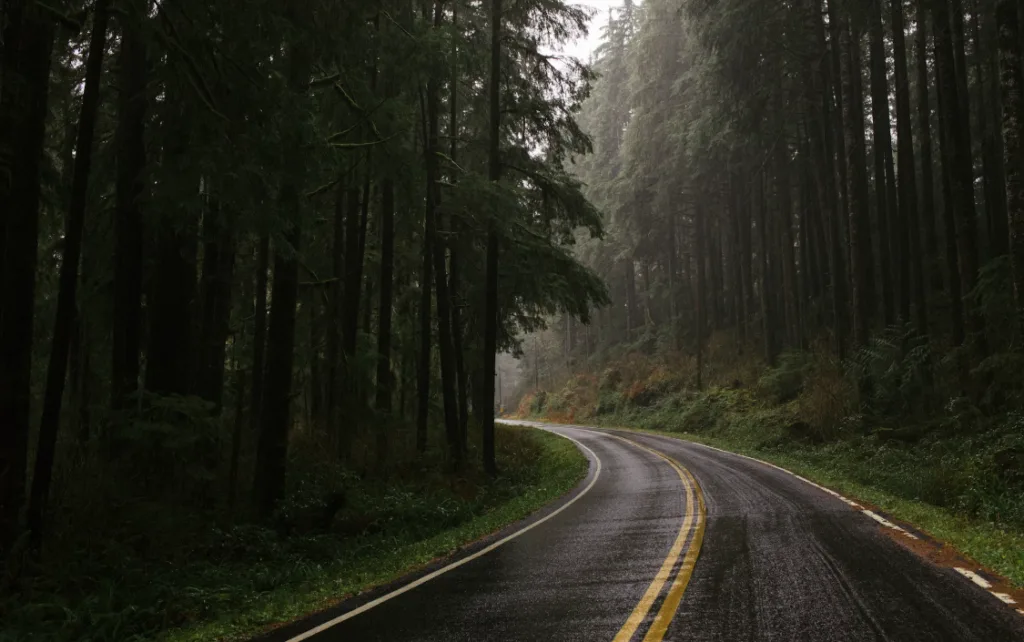
The Turning Point
The transformation began when Ana discovered David Perell’s writing course. Her initial reaction reveals the depth of her writing trauma:
“I actually booked the course and asked for a refund because I was like, ‘What am I thinking? I’m not a writer, I hate writing… why would I invest and try to commit to something I’m not going to stick through?'”
This moment of self-doubt nearly prevented her from embarking on her writing journey.
It took the encouragement of both her husband and David to convince her to stay in the course – a decision that would ultimately transform her relationship with writing.
The Intensive Learning Process
Ana’s transformation wasn’t immediate. She describes the learning process as:
- A full-time commitment spanning five weeks
- Complete immersion in the writing process
- Constant observation and idea collection
- Regular practice and feedback
- Systematic unlearning of ingrained habits

Key Lessons in Unlearning
Through her journey, Ana identified several crucial lessons that changed her approach to writing:
1. You Don’t Need to Be an Expert First
Traditional education often creates what Ana calls “paralysis by expertise”:
- The Traditional Approach
- Wait until you’re an expert
- Master all aspects before writing
- Fear of being “wrong”
- Perfectionism blocking progress
- The New Approach
- Write to learn
- Document the learning journey
- Embrace imperfection
- Use writing as a tool for discovery
2. Original Doesn’t Mean Starting from Scratch
Ana’s revelation about originality transformed her approach:
“Writing doesn’t always have to be original from the bat… actually a lot of modern writing is grabbing existing ideas and then building on top of that until you construct your own perspective.”
She demonstrates this through her work on education:
- Builds on established educational theories
- Incorporates insights from diverse fields
- Adds personal experience and observations
- Creates new connections between ideas
3. The Power of Personal Experience
Ana developed a systematic approach to incorporating personal experience:
Content Collection
- Maintains “cold” and “hot” notebooks in Evernote
- Records daily observations and insights
- Documents student interactions and outcomes
- Captures unexpected connections
Content Development
- Reviews notes regularly
- Identifies emerging patterns
- Connects personal experiences to broader themes
- Tests ideas through conversation
4. Embrace Simplicity
Ana’s writing evolution included a dramatic shift in style:
Moving Away From:
- Academic jargon and SAT vocabulary
- Complicated sentence structures
- Artificial formality
- Length requirements
Moving Toward:
- Conversational tone
- Clear, direct expression
- Natural voice
- Purpose-driven length

The Creative Process
Ana’s creative process has evolved into a sophisticated system:
Ideation Phase
- Initial Review
- Check Evernote collections
- Review both “cold” and “hot” notebooks
- Assess current interest and relevance
- Development
- Phone calls with subject matter experts
- Conversations with peers
- Research to fill knowledge gaps
- Time-boxed writing sessions
- Refinement
- Addition of visual elements
- Simplification of language
- Integration of examples
- Feedback incorporation
Building on Others’ Ideas
Ana’s method for incorporating existing knowledge:
Research Approach
- Reading outside education field
- Finance and business books
- Psychology texts
- Sports literature
- Mental model studies
Integration Strategy
- Looking for unexpected connections
- Finding educational applications
- Adding personal experiences
- Creating unique perspectives
As she explains:
“I’m not coming up with absolutely anything. I’m building upon the ideas of giants in the alternative education space…
I’m just sort of bringing them back with my flair, adding my experience from being a student in 10 schools and then being a teacher for five to six years.”
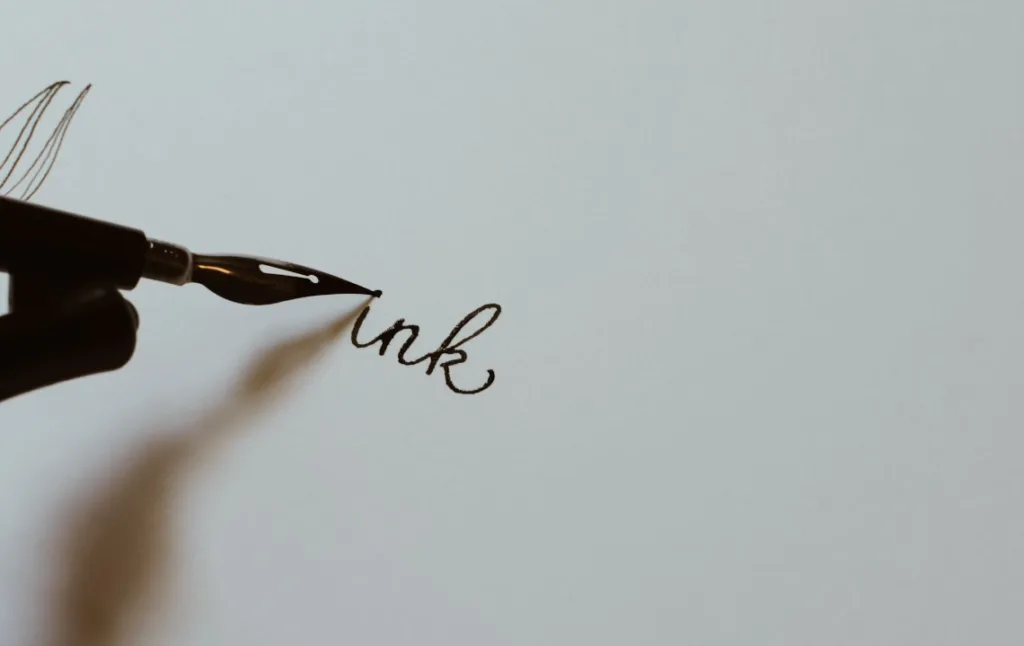
Innovation in Writing Style
Ana developed several unique approaches to enhance engagement:
Visual Elements
- Custom illustrations
- Conceptual diagrams
- Visual metaphors
- Infographic-style presentations
Engagement Techniques
- Controversial perspectives to spark discussion
- Relatable examples from popular culture
- Cross-disciplinary connections
- Interactive elements
Voice Development
- Natural, conversational tone
- Authentic personal stories
- Clear, accessible language
- Engaging narrative style

The Impact on Education
Ana’s experience has led her to identify systematic issues in writing education:
Current System Limitations
- Time Constraints
- 45-minute writing blocks
- Rushed assignments
- Limited revision time
- No space for natural development
- Content Restrictions
- Standardized reading materials
- Limited topic choice
- Prescribed formats
- Emphasis on rules over creativity
- Assessment Issues
- Focus on technical correctness
- Grade-driven motivation
- Limited feedback
- Standardized evaluation
Proposed Solutions
- Time Management
- Flexible writing periods
- Extended project timelines
- Built-in reflection time
- Natural development cycles
- Content Freedom
- Diverse reading materials
- Student-chosen topics
- Multiple format options
- Creative expression opportunities
- Assessment Evolution
- Focus on growth
- Peer feedback
- Self-assessment
- Portfolio development
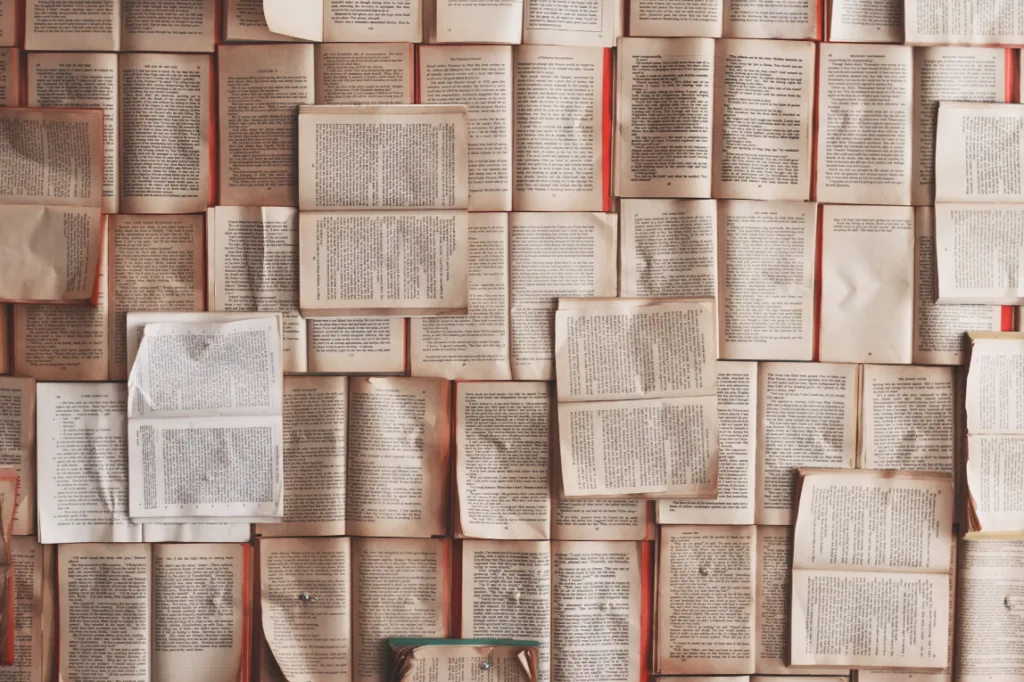
Final Thoughts
Ana’s journey from writing-averse teacher to published author demonstrates the transformative power of unlearning restrictive writing rules.
Her experience shows that becoming a better writer often means letting go of traditional constraints and finding your authentic voice.
She powerfully concludes:
“I’ve come across a lot of damaged writers which are people that have writing trauma… if you only write what other people tell you to write then you’re not going to enjoy writing, and if you don’t enjoy writing, you’re not going to be good at it.”
This lesson extends beyond the classroom, applying to anyone seeking to improve their writing.
The key on how to become a better writer is breaking free from conventional wisdom about writing and discovering your own path to authentic expression.
Ana’s story proves that with the right approach, anyone can transform their relationship with writing and find their unique voice.
Key Takeaways on How To Become a Better Writer
- Trust your experiences and unique perspective
- Read widely and make unexpected connections
- Focus on clarity over complexity
- Write to learn, not just to demonstrate knowledge
- Embrace the process of finding your voice
- Use visual elements to enhance understanding
- Build on existing ideas while adding your unique perspective
- Allow time for ideas to develop naturally
- Connect with others to gather fresh insights
- Keep learning and evolving as a writer
(Source: “How I Write” Podcast with David Perell, featuring Ana Fabrega)

